Share
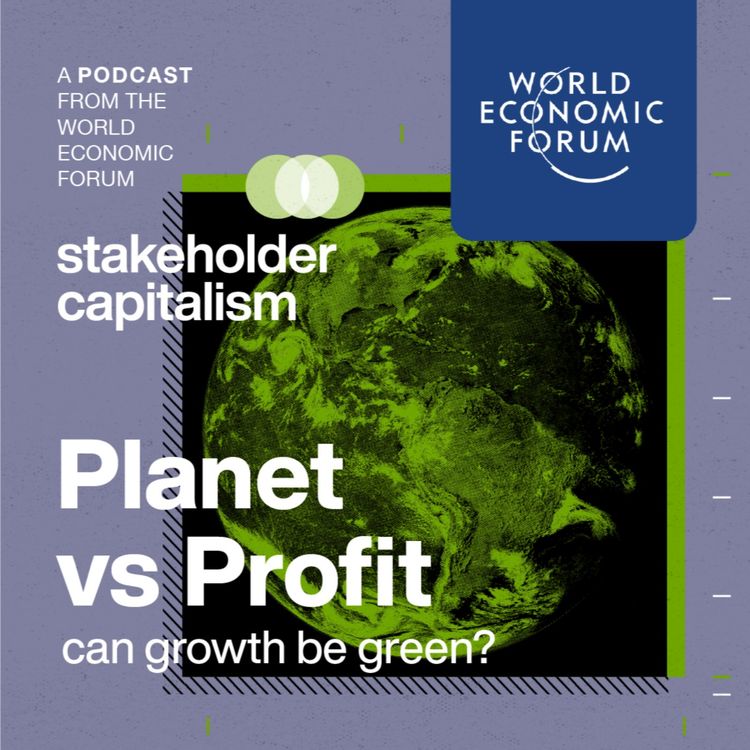
Stakeholder Capitalism
Episode 3: Planet v profit
Season 1, Ep. 3
•
Global prosperity since the first industrial revolution has been built on the burning of fossil fuels. But with the need to halve greenhouse gas emissions this decade and eliminate them by 2050, how can poorer countries, which have emitted far less than richer ones, continue to develop without pushing climate change over the brink of catastrophe?
Guests: Climate campaigner Risalat Khan; Nicholas Stern, chair of the Grantham Research Institute for Climate Change and the Environment; Mariana Mazzucato, economics professor at University College London.
More episodes
View all episodes
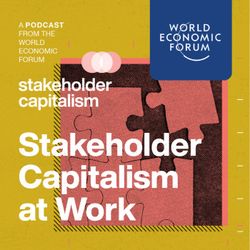
5. Episode 5: Stakeholder Capitalism At Work
30:43||Season 1, Ep. 5The fifth and final episode of the #StakeholderCapitalism video-podcast has arrived.This week we ask, what if economies aimed for more than just short term profits and readdressed their role in society and accountability to stakeholders?What about 'Stakeholder Capitalism'?Guests:Emily Bayley. project lead of the World Economic Forum’s ESG InitiativeJonas Prising, CEO of Manpower GroupGeraldine Matchett, CFO and co-CEO of Royal DSM5c0NN1fa0Jr8bZi4Vtou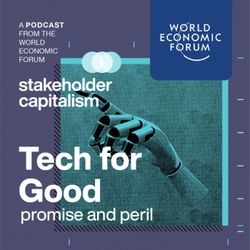
4. Episode 4: Tech for good
24:42||Season 1, Ep. 4While the value of big tech companies has soared, what problems has that created? A lack of market competition and the impact that has on economies, data protection concerns, falling public trust. Is big tech too big, and what should be done? Guests: Zia Qureshi, fellow at the Brookings Institute; Marietje Schaake, International Policy Director at the Cyber Policy Center of Stanford University.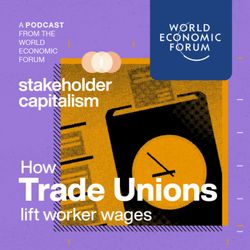
2. Episode 2: What works for workers
27:53||Season 1, Ep. 2The decline of incomes for the bottom 50% of Americans has coincided with a fall in union membership. This episode looks at how those two facts might be linked and looks to Denmark where union representation is welcomed by employers. Guests: Heather Long, economics correspondent at The Washington Post; Thomas Søby, chief economist of the Danish metalworkers union.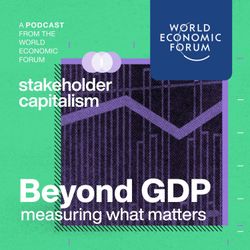
1. Episode 1: Beyond GDP
22:08||Season 1, Ep. 1The whole world looks at gross domestic product to gauge economic success. It’s a simple, single number that makes comparisons over time and between countries easy. But it does not reflect people’s incomes and fails to include anything that does not have an easily calculated monetary value, such as the natural environment. How can we measure our economies in a way that does not encourage environmental destruction, that gives a better indication to how real people are doing, and perhaps even looks beyond monetary wealth to include things such as personal well-being and even happiness? This episode of Stakeholder Capitalism asks, how can we go beyond GDP?Guests: Diane Coyle, co-director of Cambridge University’s Bennett Institute of Public Policy; Girol Karacaoglu, head of the School of Government, Victoria University of Wellington, New Zealand.Hosts: Natalie Pierce and Peter Vanham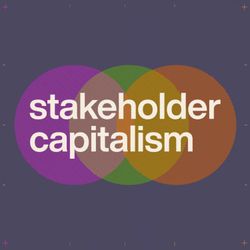
Trailer: Stakeholder Capitalism
01:34|Can capitalism be made to work for all of us - and to improve rather than destroy the state of the planet?That’s the questions asked in the book Stakeholder Capitalism written by World Economic Forum Founder and Executive Chairman Klaus Schwab and Peter Vanham, Head of Communications, Chairman’s Office at the Forum.On this 5-part podcast series, Peter Vanham and co-host Natalie Pierce dive into some of the main problems with global capitalism and ask expert guests if there are better ways of doing things - from the way we measure economic success, to addressing crippling inequalities and climate catastrophe.